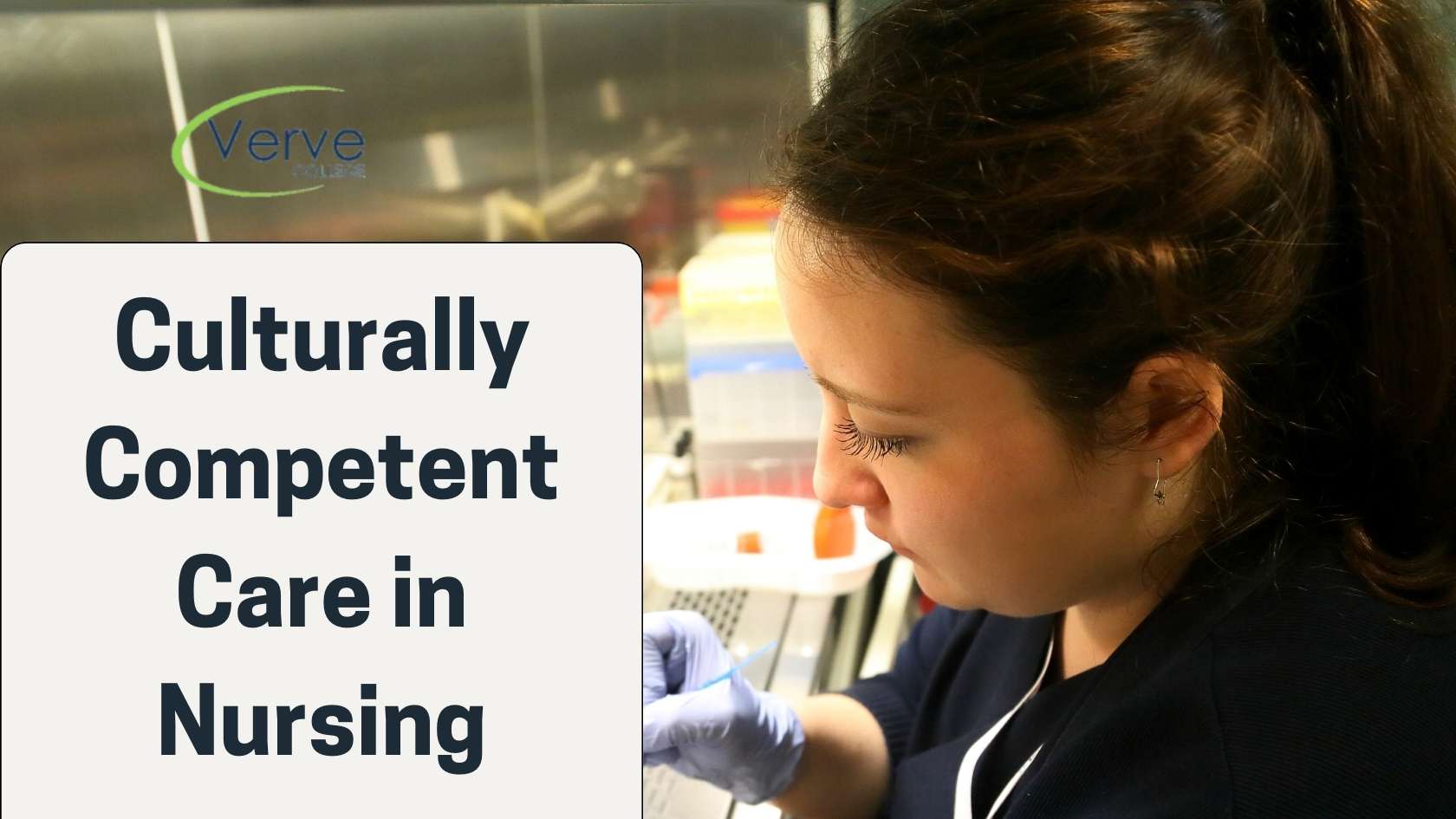- Oak Brook:(630) 705-9999
- Chicago:(312) 920-8822
- Email:inquiry@vervecollege.edu
- Make a Payment
- Home
- Programs
- Admission
- Resources
- ATI Entrance Exam Resources
- New E-Digital Library
- Refer a Friend
- School Newsletter
- Events
- Employers
- Job-Network
- Alpha Beta Kappa Candidates
- Verve College Library
- Graduation and Pinning Ceremony Photo Galleries
- Textbook Information
- Career Services
- Tutoring
- School Catalog
- FAQ
- Constitution Day Program
- Alumni
- Verve College Plans
- Financial Aid
- HEERF Reporting
- Satisfactory Academic Progress
- Apply For Financial Aid
- Net Price Calculator
- Return of Title IV Funds (R2T4)
- Financial Aid Office Code of Conduct
- Contact
- FAQs
- Verification Policy
- Vaccination Policy
- Student Right-to-Know Act
- Misrepresentation
- Information Security Program
- Academic Award Year
- Availability of Employee
- Cost of Attendance
- Health & Safety Exemption Requirement
- Students Rights and Responsibilities
- Leave of Absence
- Pell Formula
- Military Students
- Grants/ Scholarship Policy
- Contact Us
- Login
- Testimonials
- Blog
Is a Nursing Career Right For You?
Take The Free Quiz
What Duties and Responsibilities of an LPN Working in Pediatrics?
What Duties and Responsibilities of an LPN Working in Pediatrics?
Do you adore children? Do you wish to impact children’s lives? You can become a licensed practical nurse (LPN) without additional training or experience. This guide will help you learn about pediatric LPNs and their duties in nursing school.
If you are a licensed practical nurse (LPN) and love working with children, you might consider specializing your skills in pediatric nursing for a future career. This field is growing and offers many opportunities for employment across the country. Continue reading to learn more about this lucrative profession of LPN, or you can search for the best LPN school near me.
High Demanded Field
Pediatrics refers to healthcare that deals with infants, children, and teens. Pediatrics is also one of the most sought-after specializations for nurses, including LPNs.
Pediatrics is a growing field, and many LPNs agree it is gratifying. A job in pediatrics is a great way to share your passion for children. They will feel secure and comfortable and receive the treatment they need to alleviate their symptoms and improve their overall health.
A Pediatric LPN’s Responsibilities
As a pediatric LPN, you will be under direct supervision and care for sick, injured, or recovering children. Particular responsibilities can vary from one employer to another. You can expect to do tasks like:
- Management of patient medical records
- Recording and taking vital signs
- Giving and preparing injections
- Minor wounds must be treated
- Assist with testing and procedures
- Patients with dressing and bathing
- Basic hygiene assistance
Related:-8 Ways To Help LPNs Feel Better Physically and Emotionally
The Typical Work Environment
There are many places you can work as a pediatric nurse. Pediatric nursing is one of the best things about choosing a career in pediatric nursing. Pediatric LPNs provide essential care for children of all ages under the guidance of researchers and doctors in various medical settings. Here are some examples of pediatric nurse jobs:
- Children’s Hospitals
- General Hospitals Pediatric Wards
- General Hospitals have Neonatal Units
- Private Pediatric Clinics
- Family Medicine Clinics
- Children’s Sections at Community Health Center
- Primary and secondary schools
- Community Colleges and Trade Schools
- Children’s Medical Research Centers
Common Daily Tasks
Many of the same duties are performed by pediatric LPNs as other licensed practical nurses. Pediatric nurses must be able to offer emotional support to patients, as many children can become anxious in medical settings. While the duties of pediatric nurses vary depending on their location, these are some of the most common daily tasks.
- Administration of Immunizations
- Take and record vital signs
- Laboratory Analysis: Blood Drawing
- Calm anxious children and their parents
- Educating parents about primary children’s health
- Administration of Medication
- Assisting doctors during checkups and exams
- How to apply and change bandages
- Cleansing Wounds
Certificates and Coursework Special
Although you do not need special qualifications to take a pediatric LPN program (or even complete pediatric-related coursework in your LPN training), it can help increase your job prospects. Below are some certifications and courses you might want to look into if you want to become a pediatric nurse.
- Developmental Psychology
- Community Health Nursing
- Certificate in Pediatric Nursing
- Nursing children-parents
- Children’s Health Promotion and Maintenance
- Childhood Nutrition
- Obstetrics
- Children’s Diseases and Illnesses
The Skills You Need to Be Successful
Like any other field, pediatric LPNs will need to have some study skills in order to be successful. These essential skills learn through practical training and coursework at Verve college. You will need to be able to communicate in writing and have administrative skills. These are all essential qualities for any office. It is important to stay fit as you will spend a lot of time on your feet.
Remember that you will be working with children. This work demands patience and compassion beyond other jobs, even in the medical field. Healthcare facilities can be stressful, especially for children afraid of unfamiliar places. Communicate with them, explain what is happening, sympathize with their fears, and be patient when reacting. These qualities will make in LPN classes, which make you an invaluable member of any medical staff.
LPN Job in Pediatrics
If you’re like most aspiring pediatric LPNs today, you’re probably wondering how much money experts in this field can make yearly. It is a difficult topic to answer because salaries are affected by a multitude of things. According to researchers, pediatric nurses make between $32,266 and $80,401 per year. The demand for pediatric nursing jobs is on the rise. A pediatric LPN is rewarding for those who enjoy working with children. Contact Verve college to start your practical nursing program training.
Conclusion
The responsibilities of a licensed practical nurse (LPN) in pediatrics differ depending on the state and job location. Common responsibilities include taking vital signs, assisting patients with personal hygiene, and providing basic care. Many LPNs eventually enroll in LPN-to-PN degree programs to become practical nurses (PN) to improve their professions (PNs) through LPN classes near me.
 Sign up
Sign up Login
Login





